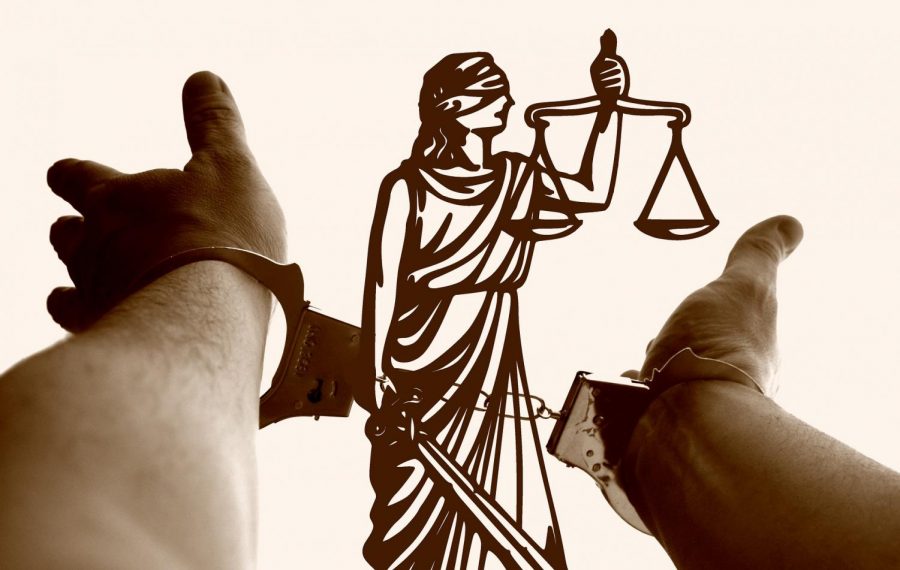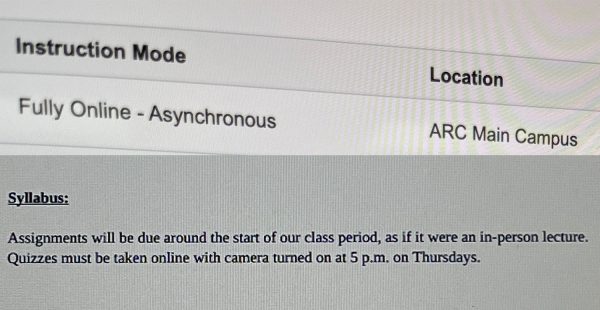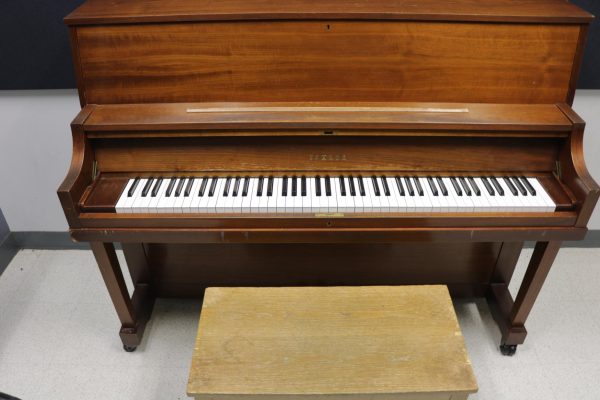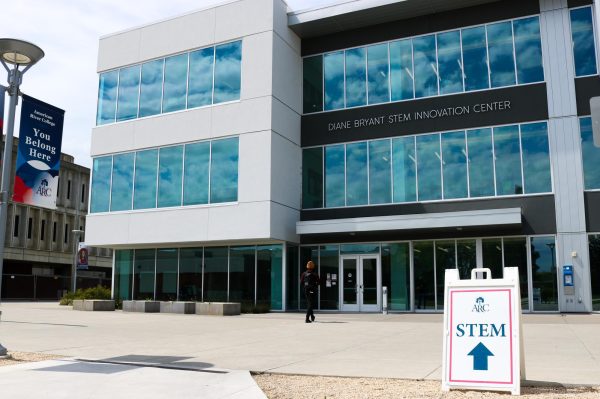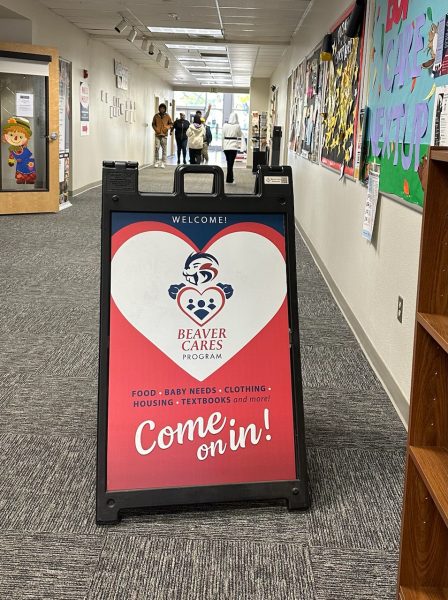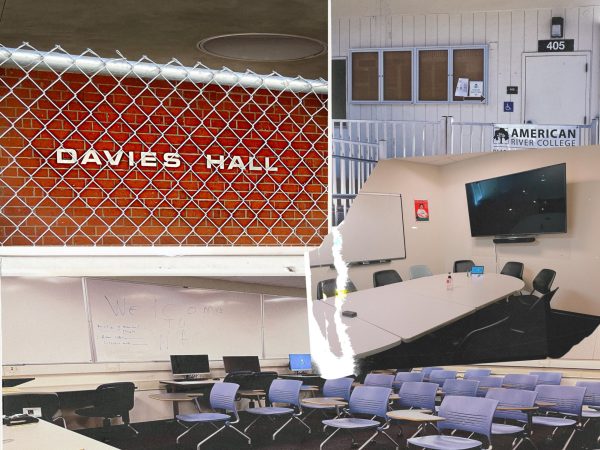Criminal justice reform should not be limited to what it can do for the state
Human first, criminal second
People convicted of crimes deserve a second chance to re-enter society in a way where they can actually make something of themselves and support their families. Criminal justice reform should not be limited to what it can do for the state, it should be focused on what it can do for the people. (Photo from pixabay.com)
This year has been challenging to the criminal justice system’s status quo with the COVID-19 pandemic, statewide wildfires fought with the help of the Conservation Camp Program (CCP), a program that uses prison labor, and enormous protests led by Black Lives Matter supporters calling out police brutality and institutional racism.
If there is anything that this year has taught us, it is that our system is flawed and not only could be changed—but should be radically changed for the betterment of all people.
People convicted of crimes deserve a second chance to re-enter society in a way where they can actually make something of themselves and support their families. Criminal justice reform should not be limited to what it can do for the state, it should be focused on what it can do for the people by passing further legislation that protects nonviolent offenders from being discriminated against for their criminal status alone when looking for work and housing.
Currently, many incarcerated people find themselves in a predicament upon their release from prison. With their new criminal label or felon status, many find themselves barred from obtaining good-paying, steady and legal jobs, as well as find themselves being discriminated against when they look for safe and comfortable housing.
The pandemic led to the early release of thousands of inmates across the state for fear of creating “super spreader” situations in overcrowded prisons. This early release of inmates was great for the people themselves, but almost right away it became clear that this also created a safety issue for Californians because, with the lack of available prison labor, there were suddenly not enough firefighters to fight the ‘megafires’ raging around the state.
On Sept. 11, Gov. Gavin Newsom signed AB 2147 into law, allowing incarcerated firefighters working under the CCP, who meet the minimum eligibility requirements, to have special privileges for employment upon their release by making it illegal for employers to discriminate against them for their criminal status.
This eligibility status is contingent on several factors including what crimes the person has committed and how long they have been serving their time, and high-level violent offenders are excluded from the program.
This decision did not come to pass with the thoughts of the incarcerated people in mind first, though it greatly benefits them. Instead, this decision was made to save the lives and homes of people across the state when the government found themselves with a lack of prison labor resources, as many low-level nonviolent criminals had been eligible for early release.
If laws can be passed allowing special privileges for firefighters, then more can be passed to allow protections for all nonviolent criminals, and allow people to obtain work in the field they have been working in while incarcerated, as well as allow them to find homes to go to at the end of the workday.
Many incarcerated people work in prison kitchens and laundry rooms, as well as doing maintenance and cleaning of the facilities they occupy. Some of these inmates are even chosen as leaders and perform management responsibilities to keep the prisons running smoothly.
All of these jobs are relevant and valid and should be seen as training for future work. There is no reason that incarcerated people should not be allowed to leave prison with the security of knowing they can go and not only find, but obtain work and housing regardless of their criminal history.

